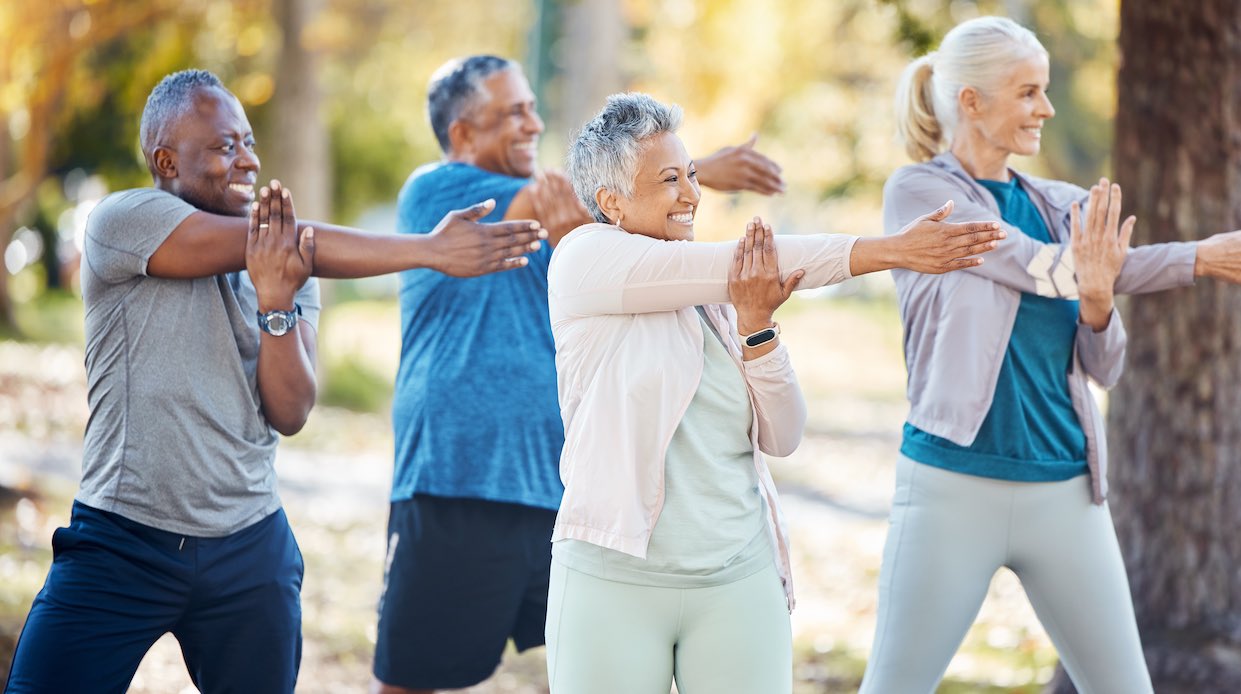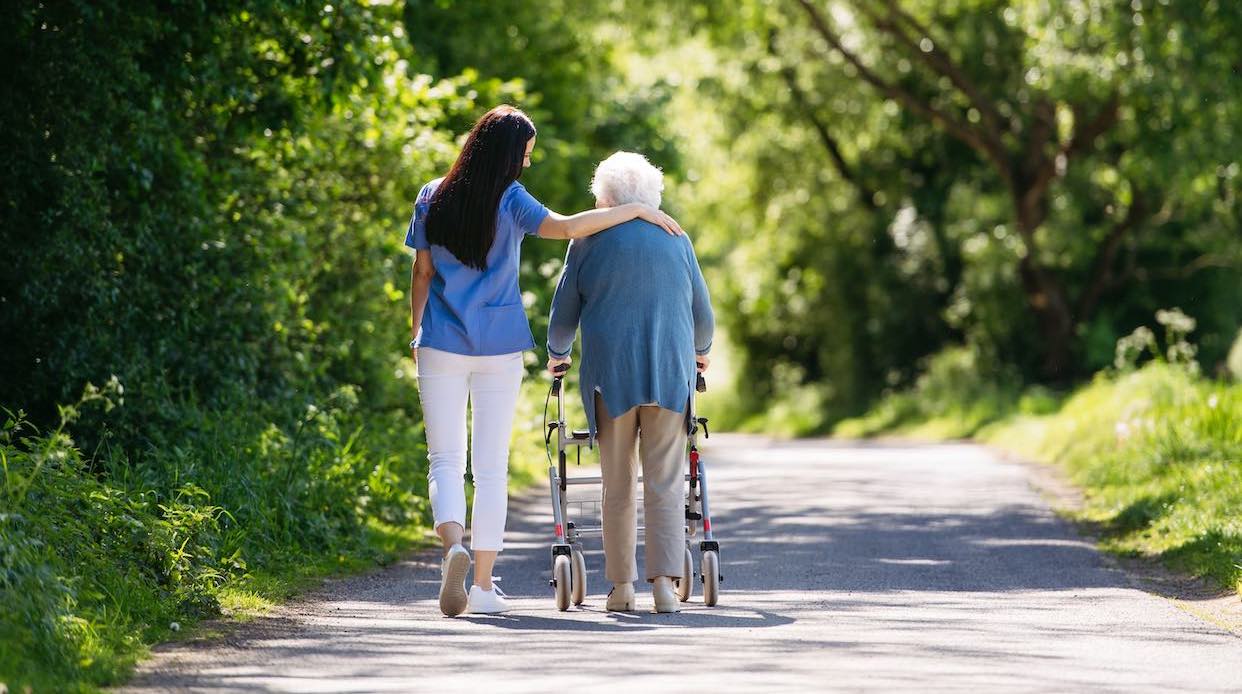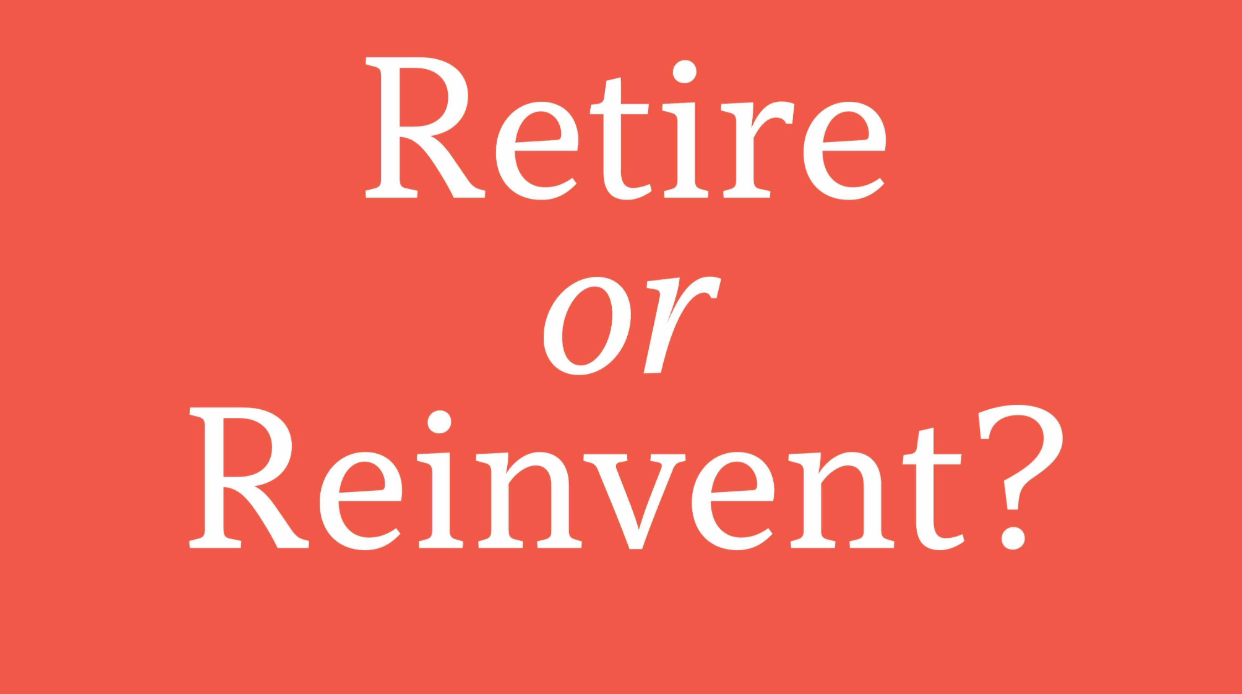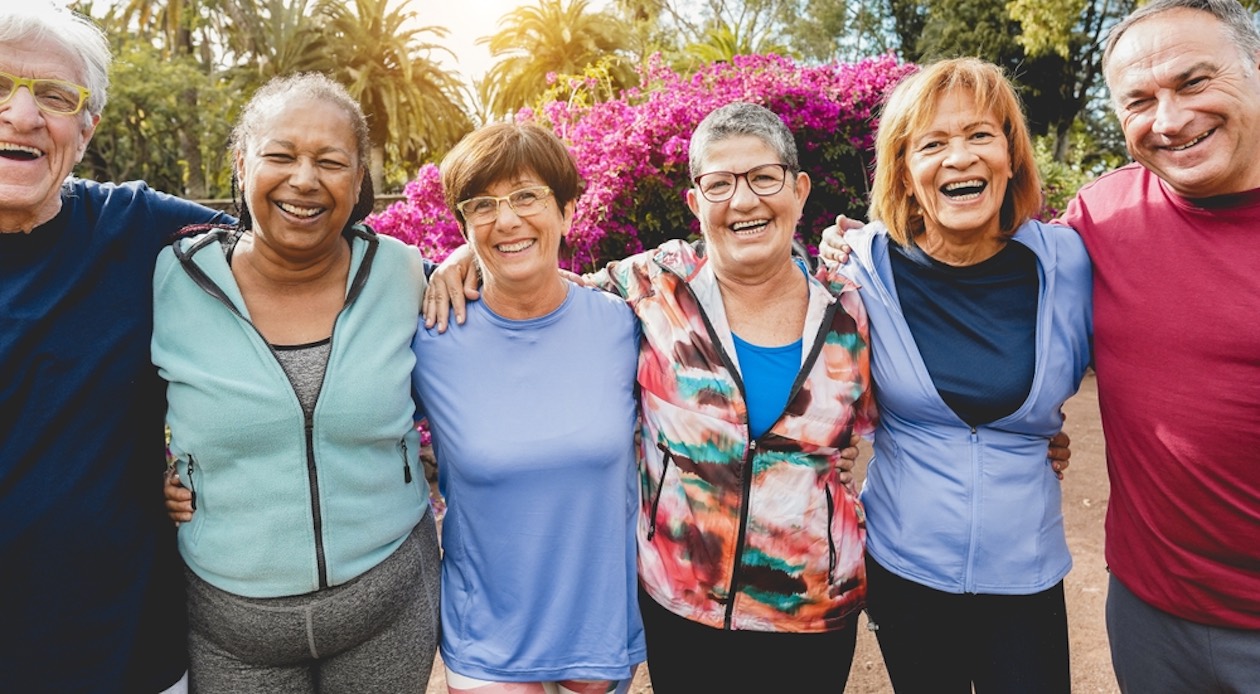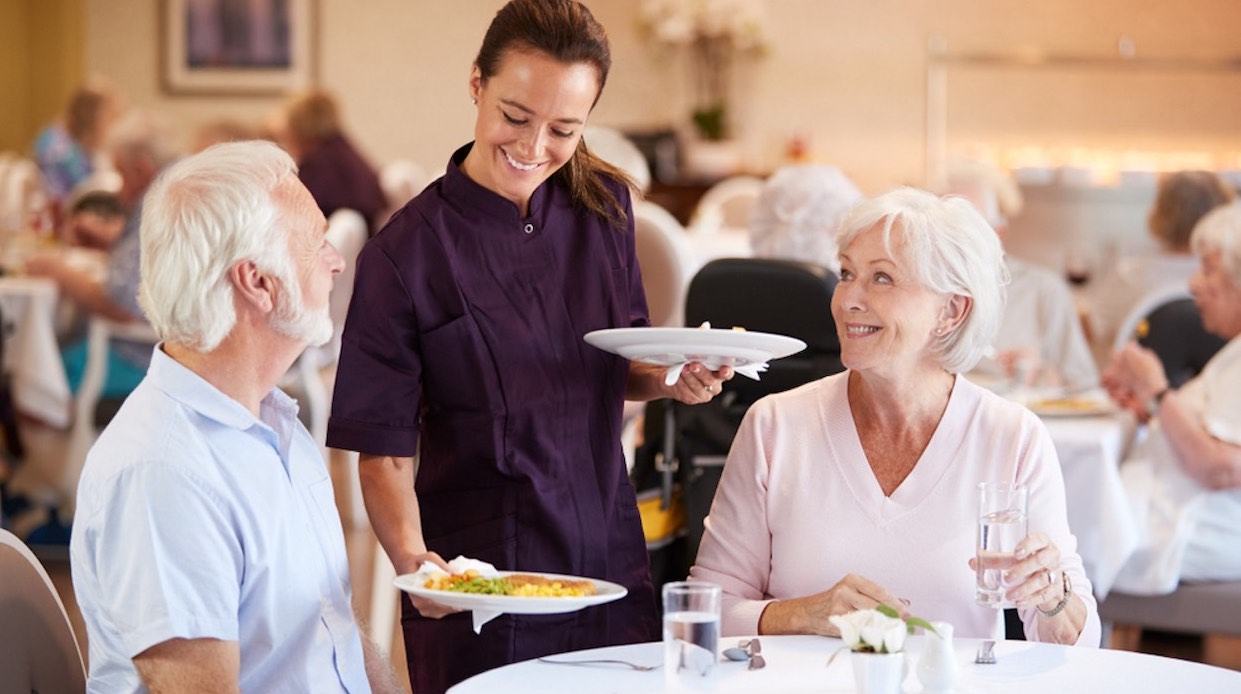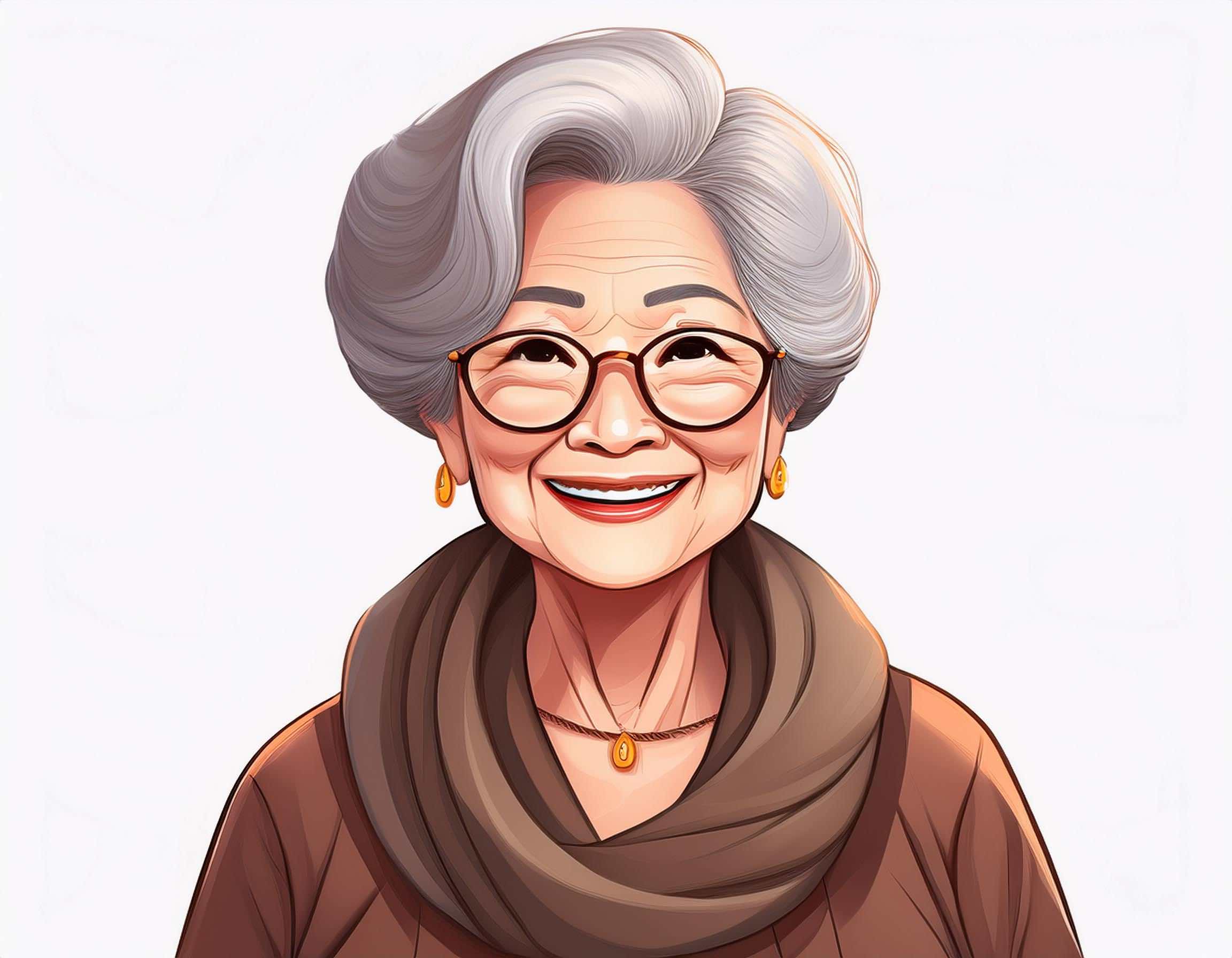
Over the past few decades, the legal landscape around cannabis in the United States has undergone a significant transformation. In 1996, not a single state had legalized cannabis for any purpose. Today, 38 states and the District of Columbia have some form of legal cannabis for either medical or recreational use.
The inconsistency in the legal status of cannabis is striking. In some states, carrying cannabis for medical use remains a crime, even if it relieves a small child’s seizures. One of the most noteworthy shifts is the growing demographic of seniors, who are now the fastest-growing group of cannabis users in the country. The generation that experienced the impact of the war on drugs and the stigma of it is now embracing cannabis, often for the first time. Recent studies show seniors use cannabis daily to address aging-related issues such as poor sleep, aches, pains, and mood. They often prefer it over other prescribed medications, including sleeping pills, antidepressants, and opioids.
To explore the potential implications of cannabis in reducing the number of medications seniors take, the documentary “Weed 7: A Senior Moment.” They believe that with the significant amount of money spent on healthcare, especially pharmaceuticals, cannabis could have a profound impact if it helps decrease medication use among seniors. The stories they have encountered during their journey have been inspiring, such as that of Ken Tillman, a super friendly 94-year-old who had never considered cannabis until he was 91. He turned to cannabis for relief from terrible insomnia and found that it improved his sleep and eased his existential anxiety.
The complexity of cannabis lies in its composition of over 100 cannabinoids and 400 other compounds, making its mechanisms of action less understood than many conventional medications. However, it surprises many that humans have an endocannabinoid system with receptors for cannabinoids, and they naturally produce cannabinoids themselves. The purpose of this endocannabinoid system, as explained by esteemed researcher Dr. Dedi Meiri, is to create balance in the body, known as homeostasis. As people age, they produce fewer cannabinoids, leading to deficiencies and increased susceptibility to aging-related issues like sleep problems, pain, and mood fluctuations.
The filmmakers believe that the use of cannabis as a substitute for pills has the potential to change lives. They have witnessed firsthand how cannabis, such as the strain “Charlotte’s Web,” has relieved children with seizures and transformed their lives. Similarly, they encountered “Mama Sue” Taylor, a 75-year-old former Catholic high school teacher who had previously viewed cannabis as no different from heroin or cocaine. After extensive research and seeing its impact on seniors, she became an unexpected advocate for cannabis, sharing stories of countless older adults who found relief and could discontinue some of their other medications.
Despite the positive aspects, the filmmakers acknowledge the risks associated with cannabis use, particularly among seniors, where ER visits related to cannabis have increased. Falls are a significant concern, as around 3 million seniors visit the emergency department due to falls each year. To prevent such incidents, it is crucial to proceed cautiously and provide proper guidance when using cannabis, especially for seniors.
In the past ten years, the filmmakers have seen a profound transformation in their perspective towards cannabis. They would never have imagined recommending cannabis to their parents back then. However, now they believe that, with proper guidance and regulation, cannabis can be a viable medicine, providing relief for aging-related issues where conventional medications may fall short. Their journey and the stories they have encountered demonstrate the potential of cannabis to help and heal people, both young and old, as long as it is treated with respect, accountability, and responsible regulation.


